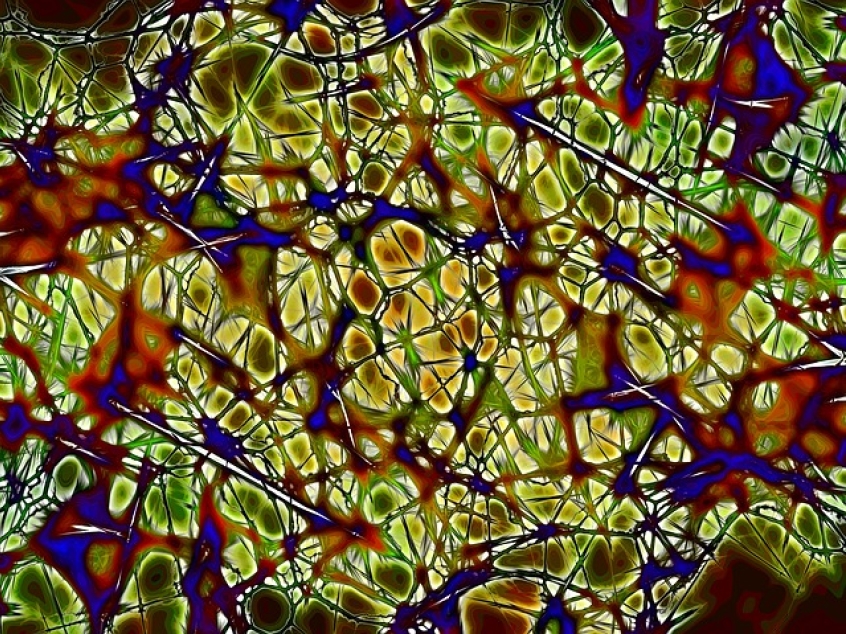
A recent study on Parkinson's disease led an international team of scientists to pinpoint calcium as a primary agent in the development of toxic clusters inside the brain -- a key indicator of the neurodegenerative disease.
The study pioneered by the University of Cambridge discovered that calcium plays a mediating role in the interaction of minute structures inside the brain's nerve endings -- where the protein alpha-synuclein, associated with Parkinson's disease, resides.
Scientists believe that high levels of both, calcium and alpha-synuclein, are fundamental factors in the initiation of brain cell death linked to the Parkinson's disease.
According to reports, the function of alpha-synuclein inside the brain is still largely unknown especially the way it behaves.
In a statement from Cambridge University, Dr. Gabriele Kaminski Schierle of Cambridge's Department of Chemical Engineering and Biotechnology said that what makes alpha-synuclein hard to observe is its small structure. In addition to this, alpha-synuclein only shows its functions once it interacts with other proteins.
But despite this difficulty, the researchers were able to observe the protein in real time by isolating synaptic vesicles where it is held. There, they found that a difference in the quantity of either calcium or alpha-synuclein resulted in aggregation, which ultimately leads to Parkinson's disease.
Researchers trace this imbalance to either a genetic duplication of alpha-synuclein or an age-related decrease in the breakdown of proteins.
Investigators hope that by studying the correlation between the two compounds, it will result in a possible treatment for the neurodegenerative disease.
According to recent statistics, 60,000 Americans are diagnosed with Parkinson's disease every year. And that 10 million people worldwide are currently suffering from the degenerative disease.
At present time, Parkinson's disease is still incurable. However, treatments to slow the progression of the disease are available.
Interested readers can access the study, published in the journal Nature Communications, by clicking here.













